Pusher propeller fighter:
My rough representation of WW2 Japanese experimental fighter Kyushu J7W.
top speed: 300 mph
Landing speed: 120mph.

J7W Shinden
A prototype of J7W Shinden.jpg
Prototype of the completed J7W1 in 1945.
Role Interceptor
Manufacturer Kyushu Hikoki K.K.
Designer IJNAS Capt. Masaoki Tsuruno
First flight 5 April 1945[1]
Status Abandoned as prototype
Primary user Imperial Japanese Navy
Number built 2
History:
The Kyushu J7W Shinden (??, "Magnificent Lightning") was a World War II Japanese propeller-driven prototype fighter with wings at the rear of the fuselage, a nose-mounted canard, and pusher engine.
Developed by the Imperial Japanese Navy (IJN) as a short-range, land-based interceptor, the J7W was a response to Boeing B-29 Superfortress raids on the Japanese home islands. For interception missions, the J7W was to be armed with four forward-firing 30 mm type 5 cannons in the nose.
The Shinden was expected to be a highly maneuverable interceptor, but only two prototypes were finished before the end of war. A jet engine–powered version was considered, but never even reached the drawing board.
Wikipedia
Specifications
General Characteristics
- Created On iOS
- Wingspan 38.3ft (11.7m)
- Length 33.9ft (10.3m)
- Height 11.0ft (3.4m)
- Empty Weight 5,838lbs (2,648kg)
- Loaded Weight 7,717lbs (3,500kg)
Performance
- Horse Power/Weight Ratio 0.194
- Wing Loading 24.8lbs/ft2 (121.0kg/m2)
- Wing Area 311.4ft2 (28.9m2)
- Drag Points 2224
Parts
- Number of Parts 44
- Control Surfaces 8
- Performance Cost 278

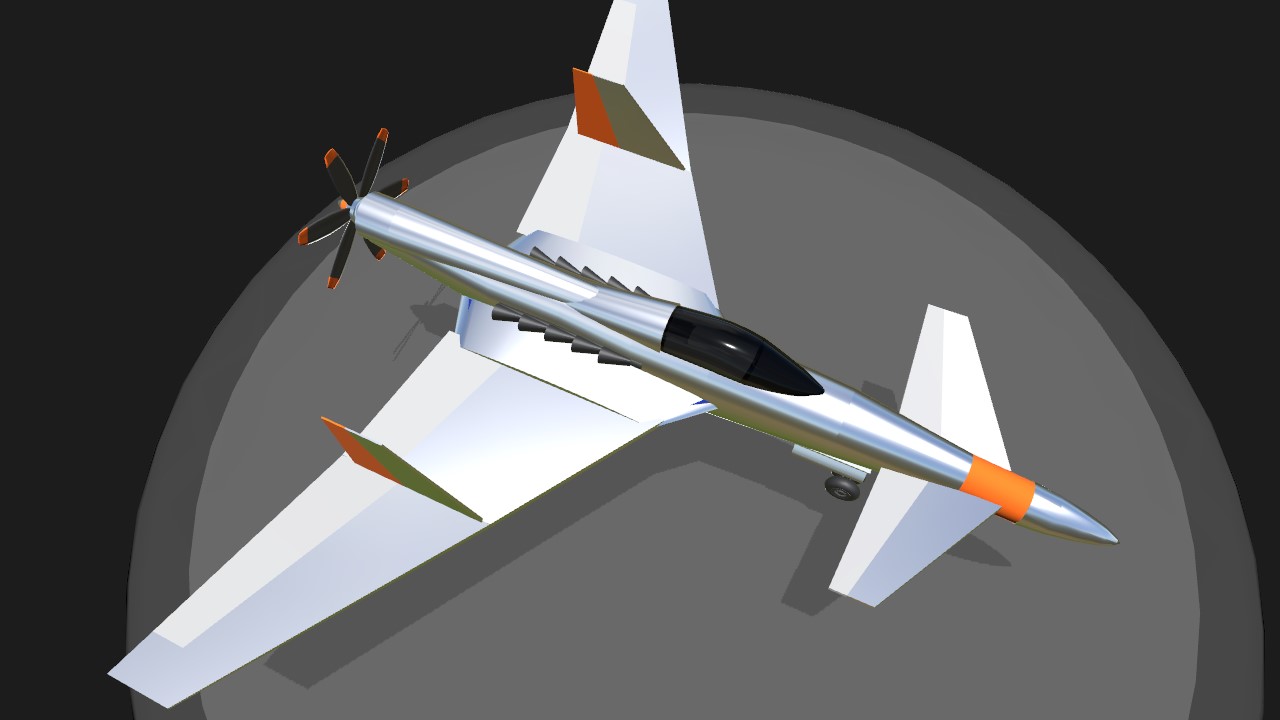
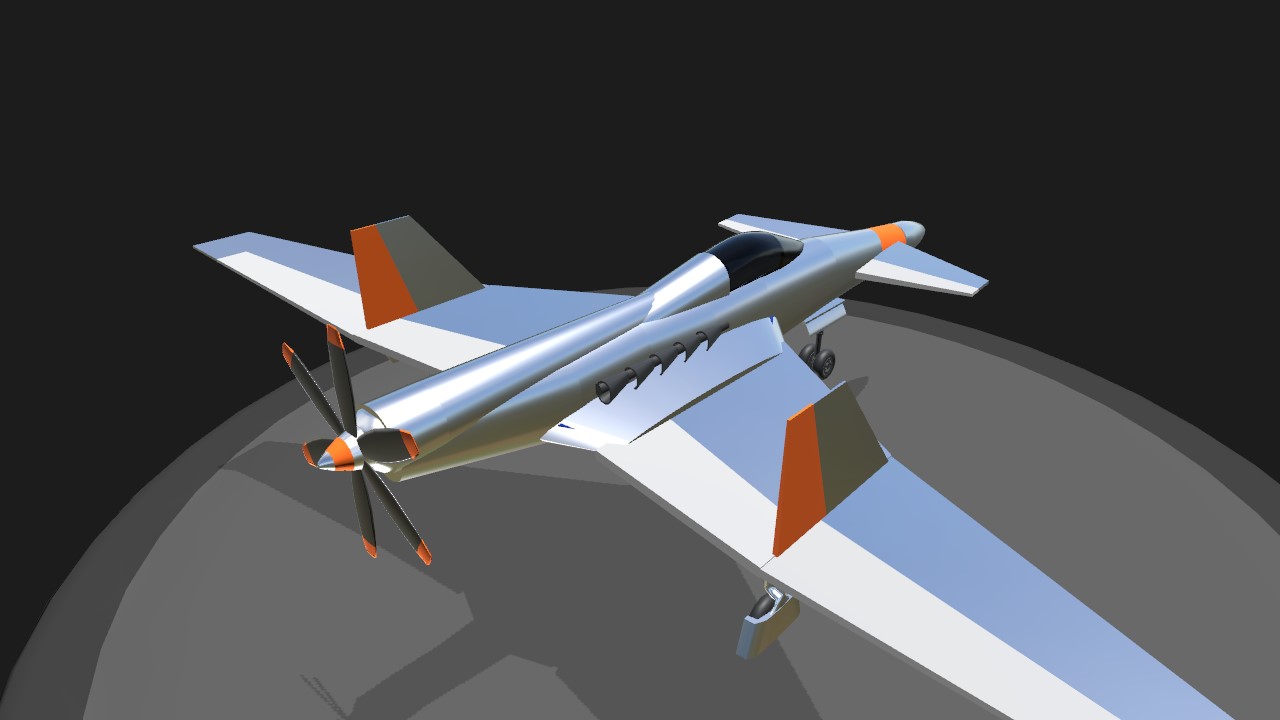
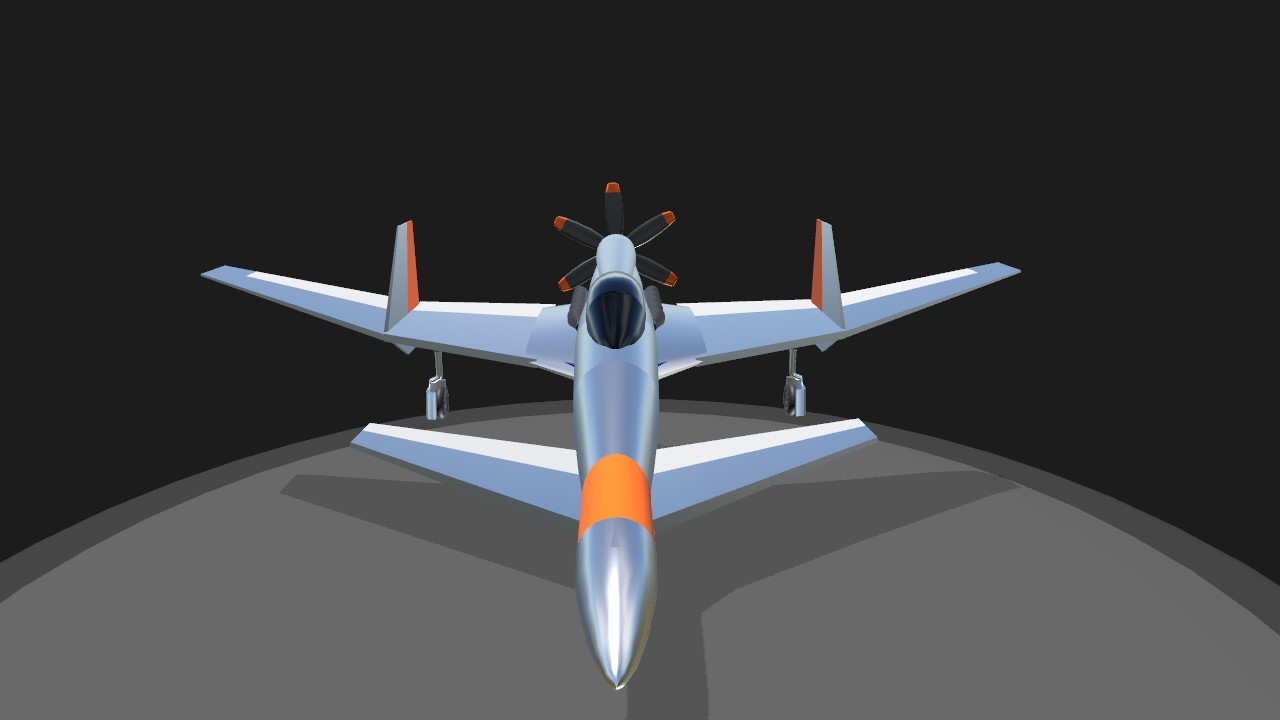
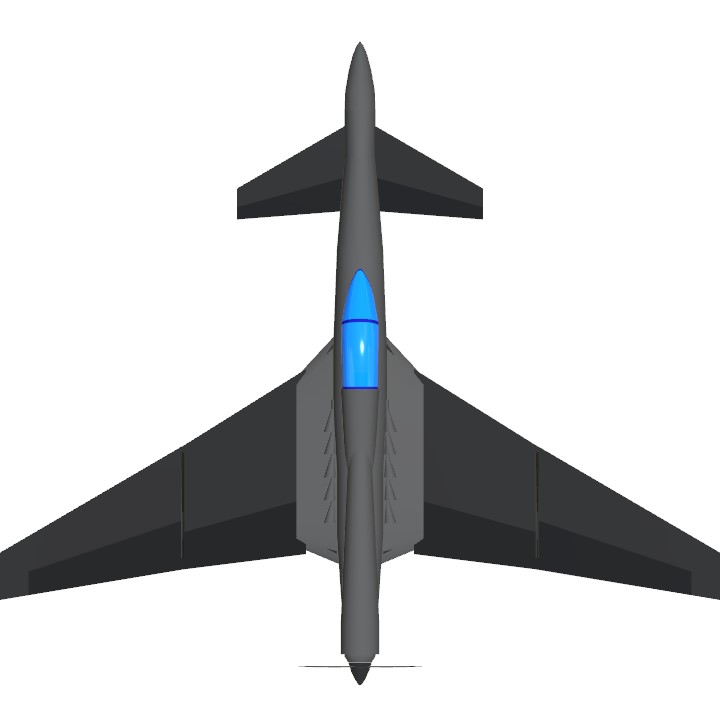
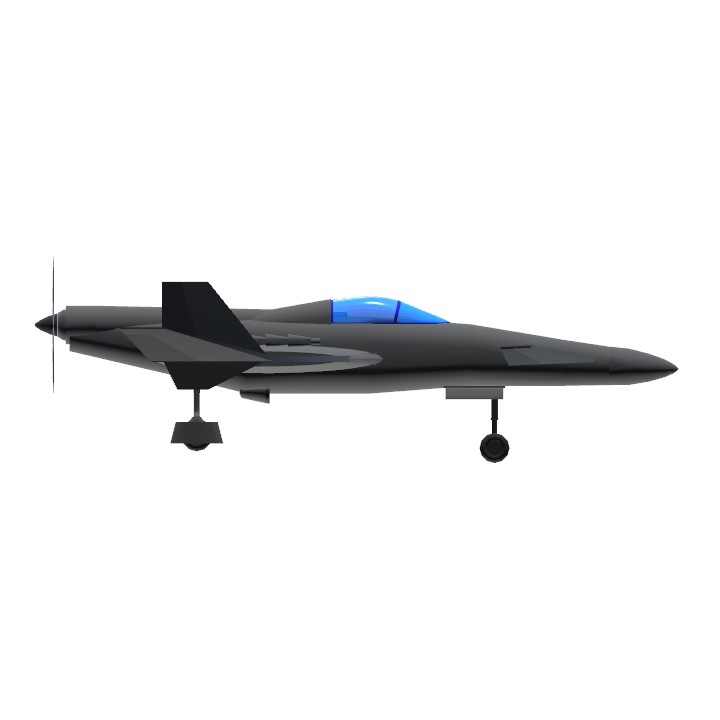
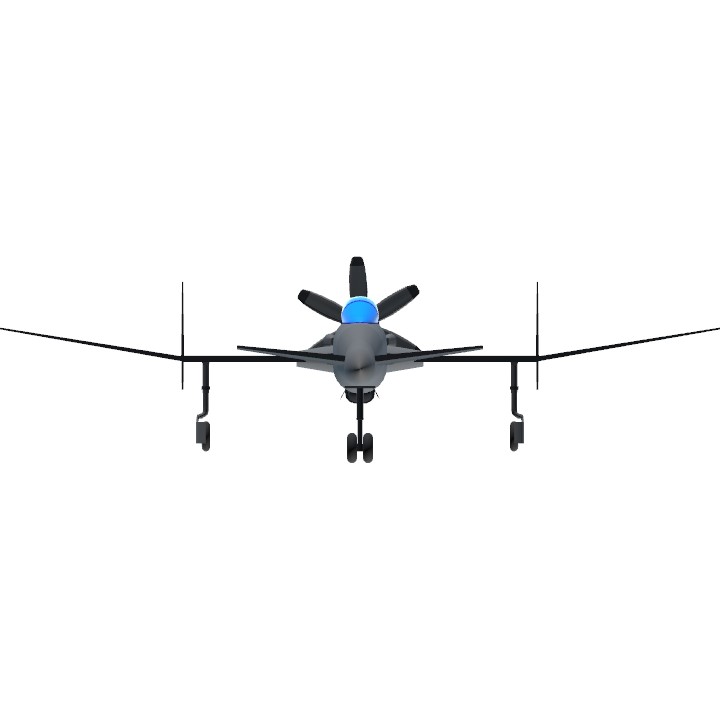
Much earlier than that. @TRD6932
@TRD6932 it’s true do your research
Canard planes existed back in WWII? Wack.